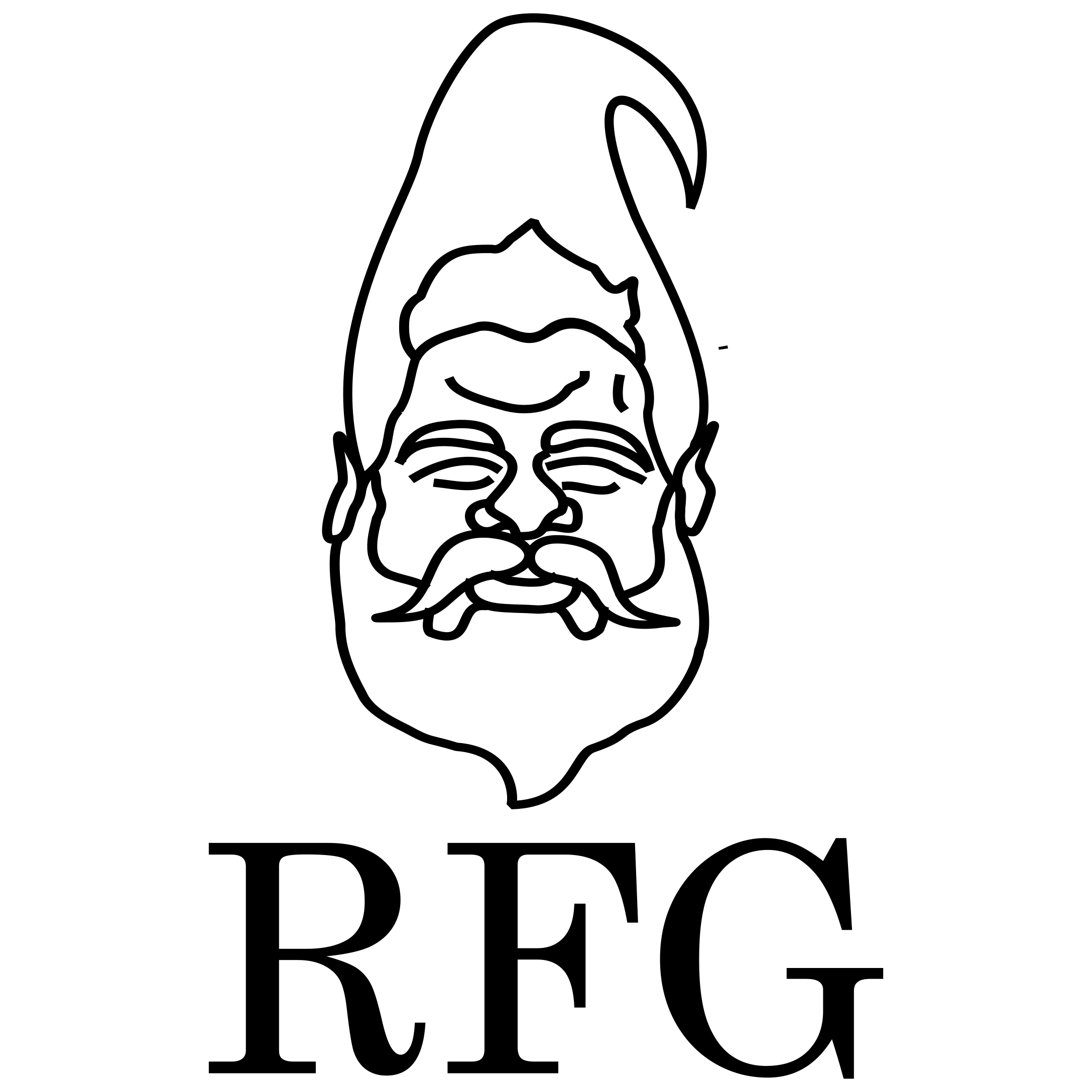I am prone to titling these with a facetious troll-line. It’s an attempt to use cheese to drive SEO as much as a genuine joi de follie. However, this topic is too bloody and too close to the bone for that sort of treatment. In fact, it is so hard that my “new” hosting company killed my site and my control panel the last time I addressed this some time in June of 2020.
After a great deal of effort getting them to acknowledge enough of the problem to actually give me the ability to rebuild, I’m reposting this comment that while less timely is still quite urgent.
Black lives do matter. In particular black American lives matter to Americans. At this point, Dr. Henry Lewis Gates’ subtle reminder that we have produced a new tribe, an American Race, that comes in all shades from china white blue bloods to blue-black, is a little late in coming. We are all muddled, mixed, and most assuredly American.
circa 3June2020:
One of Adolf Eichman’s most powerful observations was that the destabilizing effect of dissociating subcultures from one another made a society more vulnerable to conquests and regime change. In America today we are seeing the natural result of the cultural mosaic approach to inculturation. The melting pot is a double edged sword, in that diffusion occurs both in the new addition to the mix and also in the existing content. To reduce this metaphor, the immigrant subculture is diluted by the that of the new homeland. But the homeland is diluted by the introduction of new cultural elements from the immigrant. Where this model has been applied with a healthy dose of Americanism the results have been positive. Where the division of segregation, which is the heart of the cultural mosaic, has been the guiding principle—the results have been painful and often violent.
Argument about political goals and agendi is not only healthy but one of the best protections the “regular guy” can hope for. The relatively apolitical or disenfranchised majority has very little voice when presented with a coin flip come election day and the only options are two highly regimented ideological models designed to use a single brush to paint the world healed. The majority, regardless of ethnicity, are only safe when they can keep political parties deadlocked and the middle way of synthesis rather than compromise can be directed to address problems individually and rationally.
It’s been said that political division is the fracture that is fragmenting American society. This is a misunderstanding at best. Polarized politicos use this rhetoric to goad or whip the unpoliticized American General Public—white, black, Native American, East Asian, Eurasion, Pacific Islander, and others—into submission or at least compromise with the extremist party-agenda. If they cannot convince you, they try to shame or cajole you into voting their way, using the argument that it is un-American not to do so. But political parties are just fan clubs, team affiliations, religious denominations worshiping at the altar of the American ideal. The problem isn’t that they exist, or that they are held in tension to provide a neutral zone where the General Public can find some surcease from their harangue. The problem arises out of Personal Identity.
Personal Identity is an evolving thing that grows from the many roles we play. Father, mother, sibling, friend, politico, student, worker, worshiper, member, ethnic; these are all roles not identity. Rather they should not be the all consuming core of Identity. But when there is not path to an integrated and complex American identity—political or ethnic identity is constantly inflamed and toughened until it consumes the individual entirely. No longer free to grow and evolve as people, victims are enraged and lash out at the structures that offer freedom and comfort without delivering.
The present crises are driven by offtime unrequited rage of this very type. It is a rage that seeks revenge rather than restitution. Vengeance for sins of division, rejection, and discrimination is a self defeating goal. Vengeance begets vengeance, injustice meant to balance the scales invariably leaves them unbalanced. And vengeance is the driving factor on both sides of the violence and pillaging at work in the streets of America. Vengeance is the natural product of a threat to personal identity and the threat of punishment for difference with no path to unity no way to melt into the undifferentiated majority. But the act of vengeance only further divides and separates the sufferer from the object of that rage and desire. Because ultimately that is the root. The Enraged desire peace, freedom, and inclusion; but are understandably unable to trust.
What American needs is the messiest and most brutal of relational paradigms: the healing of an abusive and broken family. The same dynamics are at work and the way forward is no less fraught and tortued. A nation cannot end in divorce only bloody conflict so reconciliation is the only way forward. And without that reconciliation we will continue to be vulnerable to external influences whether close enemies or distant neighbors seeking to exacerbate the divisions in our home.
~~~
How this applies to publishing is in the sometimes subtle, sometimes no so subtle, censorship of ideas that are new or different from those of a mass political or social group. Individual thought, critical reason, is discouraged in favor of a checklist of politically correct talking points that favor and pander to one of many powerful political, religious, or social collectives.
are new or different from those of a mass political or social group. Individual thought, critical reason, is discouraged in favor of a checklist of politically correct talking points that favor and pander to one of many powerful political, religious, or social collectives.
Now sometimes, critically speaking, an outlier should just be outlying, in a field or refuse bin. But often well-crafted, thoughtful, entertaining work gets marginalized or demonized because it has elements from somone’s proscribed list or fails to have enough from someone’s required list, etc.
The goal of RF Grenvile, is to imitate the Quixotic pursuit of better, and different, in the face of the arrayed forces of mediocre, conventional, and approved.


 are new or different from those of a mass political or social group. Individual thought, critical reason, is discouraged in favor of a checklist of politically correct talking points that favor and pander to one of many powerful political, religious, or social collectives.
are new or different from those of a mass political or social group. Individual thought, critical reason, is discouraged in favor of a checklist of politically correct talking points that favor and pander to one of many powerful political, religious, or social collectives.